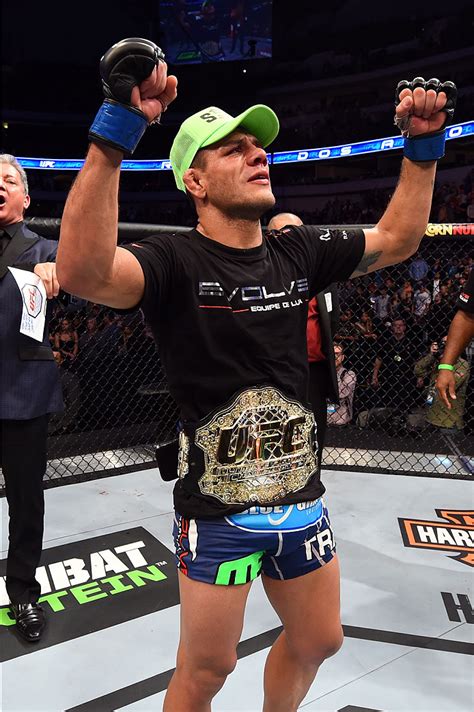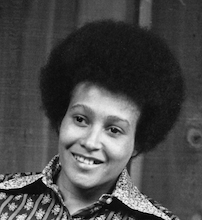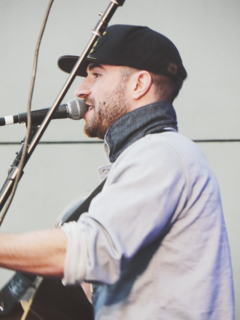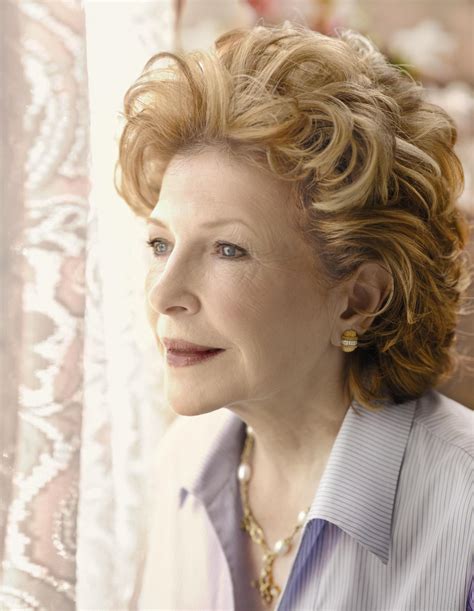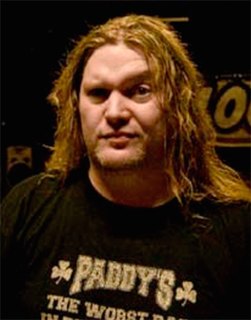A Quote by Marc Guggenheim
I'm not like Jonathan Hickman, who's able to sort of plot out three years of a book ahead of time. I'm much more of a guy who plots out an arc or two at a time.
Related Quotes
You have so much more time to observe and learn with a documentary because of the time between the shoots. You get a much deeper understanding of day-to-day life and its themes. It's also much more of a mess after three years; you have to comb it out carefully and see what fits together and makes sense.
There's that lovely thing for the first month or two of writing a new book: OK, I don't know what that character's going to do, but we'll find out later. After about three or four months you come to that bit where you've got to put some plot in before it's too late, and you have to go back and start inserting plot, and, ooh, I've left out the literature, OK, lets put some in.
I don't think we really planned it ahead of time but rather oozed out of our pores. All three of the demonstrative themes of Corrosion of Conformity are on there. The Hardcore/Punk from the 80's, the late 80's/early 90's mathy metal and finally the more Pepper, swampy/doomy stuff. We love all three so that's what came out on the album and I think it came out magically.



